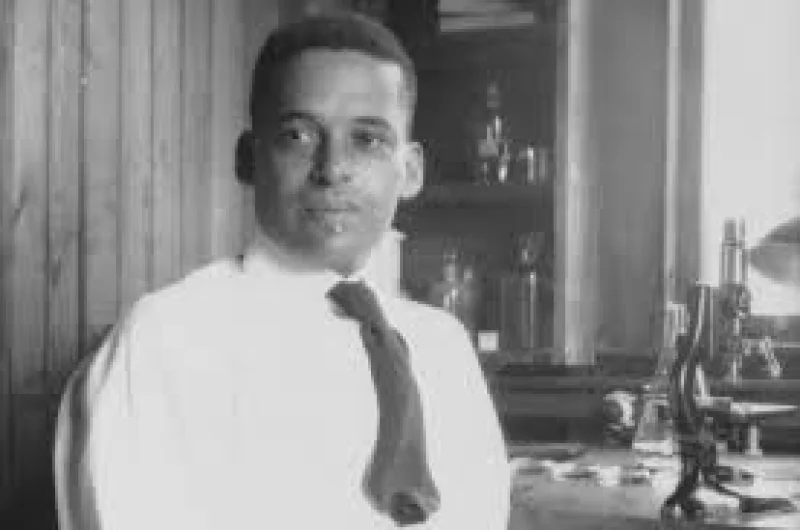Short Summary
Ambrose Fleming was a British electrical engineer and physicist known for his pioneering work in electronics and radio communication. He is most famous for inventing the vacuum tube, or thermionic valve, which was a crucial development in the field of electronics. Fleming's contributions laid the foundation for the age of electronics, greatly influencing the development of radio, television, and early computers.
Early Life & Education
Ambrose Fleming was born on November 29, 1849, in Lancaster, England. He was the eldest of seven children in a devoutly religious family. His early interest in science and engineering was nurtured by his father, a Congregational minister who encouraged intellectual pursuits. Fleming attended University College London, where he studied under the renowned physicist George Carey Foster. He later pursued further studies at the University of Cambridge, where he was mentored by the influential physicist James Clerk Maxwell. This strong educational foundation equipped him with the knowledge and skills that would later propel his illustrious career in electrical engineering and physics.
Career Highlights
Fleming's career was marked by significant achievements in both academic and industrial fields. He served as a consultant to the Edison Electric Light Company, where he gained valuable practical experience. In 1885, he was appointed the first professor of electrical engineering at University College London, a position he held for over forty years. During his career, he collaborated with notable inventors such as Guglielmo Marconi, contributing to the development of wireless telegraphy. In 1904, he invented the vacuum tube diode, a crucial component in the evolution of radio technology. His work had a profound impact on the burgeoning field of electronics, influencing future innovations in communication.
Major Achievements
- Invention of the Vacuum Tube: This invention revolutionized electronics by enabling the amplification and rectification of signals.
- Collaboration with Marconi: Contributed to the development of wireless communication, paving the way for modern radio technology.
- Founding Member of the IEE: Played a key role in establishing the Institution of Electrical Engineers, promoting professional standards in the field.
- Introduction of the Fleming Valve: The first thermionic valve used in radio receivers, instrumental in advancing radio communication.
Famous Quotes
- "We must not build on the sands of an uncertain and everchanging science...but upon the rock of inspired Scriptures."
- "The electronic age has not changed the way we communicate; it has simply provided us with more sophisticated tools."
Interesting Facts
- Fleming was knighted in 1929 for his contributions to science and engineering.
- He was a passionate photographer and contributed to scientific photography techniques.
- Despite his groundbreaking work in electronics, he remained deeply religious throughout his life.
- Fleming's work in vacuum tubes directly influenced the development of early computers.
- He was a prolific author, writing extensively on electrical engineering and related subjects.
Legacy / Influence
Ambrose Fleming's work in electronics and radio communication had a lasting impact on the development of modern technology. His invention of the vacuum tube laid the groundwork for advancements in radio, television, and computing. As a pioneering engineer and educator, his contributions to the field of electrical engineering continue to influence contemporary practices and innovations. His legacy lives on in the technologies that shape today's digital world.
FAQ
Q: Why is Ambrose Fleming famous?
A: He is famous for inventing the vacuum tube, which was essential in the development of electronics and radio technology.
Q: What was Fleming's role in the development of radio technology?
A: He collaborated with Guglielmo Marconi and contributed to the advancement of wireless communication.
Q: Did Ambrose Fleming receive any honors for his work?
A: Yes, he was knighted in 1929 for his significant contributions to science and engineering.












